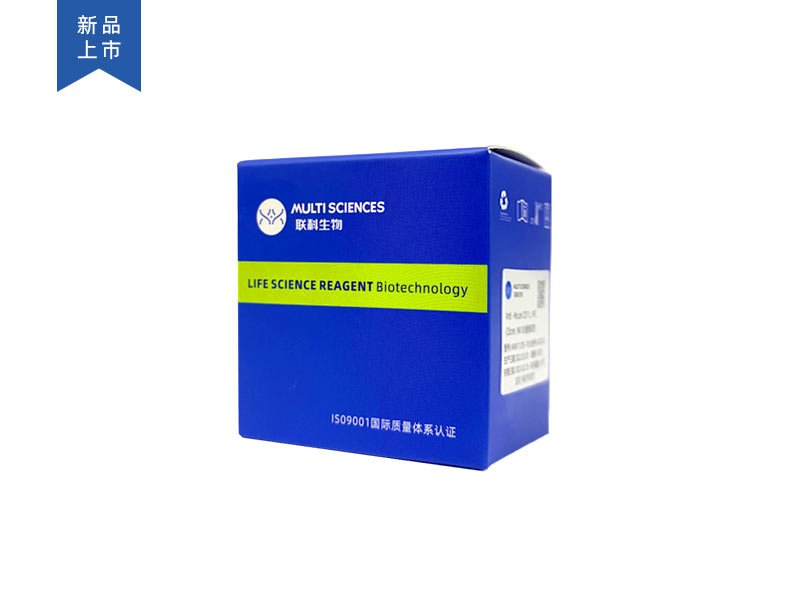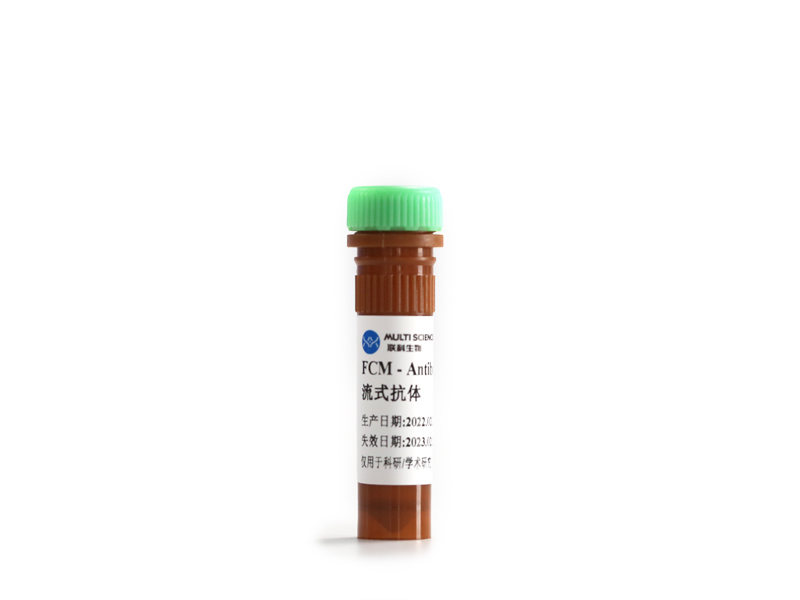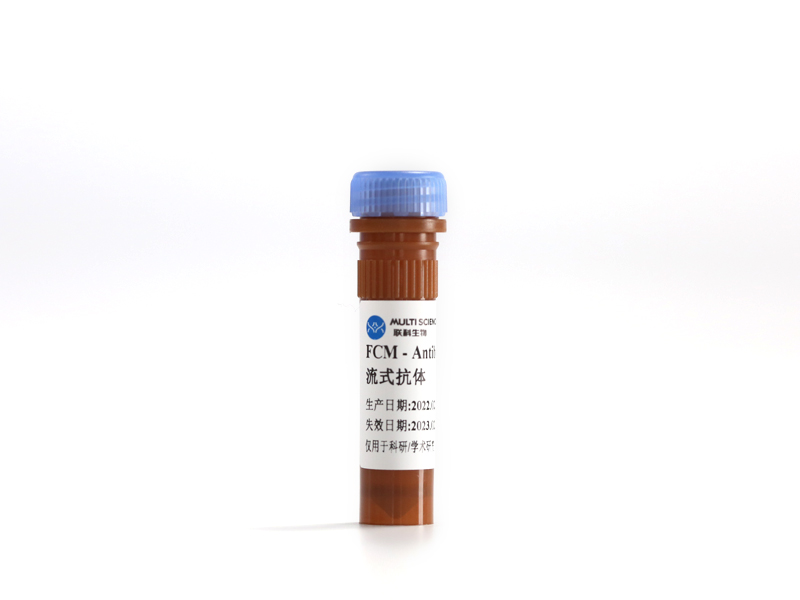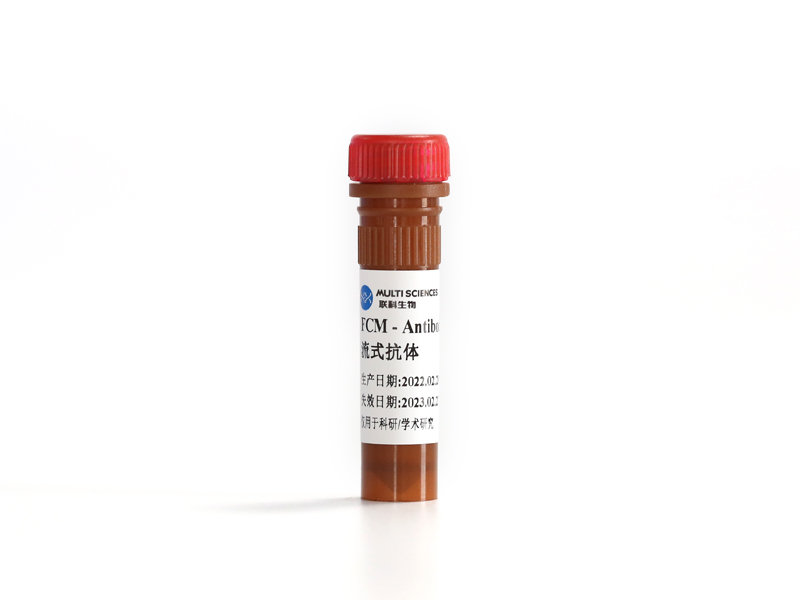Objective:Intestinal ischemia-reperfusion injury (I/R) is a common syndrome encountered in clinic following intestinal surgery, strangulated hernia, and shock. Hypertonic saline has been shown to prevent inflammatory tissue damages caused by I/R and regulate immunologic disorders in peripheral blood. However, the immunoregulatory effects of hypertonic saline on the small intestine response to intestinal I/R have not been reported.
Materials and methods:To investigate this, we created the intestinal I/R model by clamping the superior mesenteric artery in Sprague-Dawley rats. After 1 hour of ischemia, the vascular clamp was removed, and either normal saline (0.9% NaCl, NS group) or hypertonic saline (7.5% NaCl, HS group) was administered through the tail vein (6 ml/kg). The CD4(+) and CD(8+), primarily T-lymphocytes subpopulation yielded from the intestinal tissues, were determined by immunohistochemistry.
Results:A pro-inflammatory cytokine, tumor necrosis factor (TNF)-α, and nuclear factor kappa B (NF-κB), a critical transcription factor for the TNF-α gene, were measured in the intestinal and lung tissues with ELISA. HS induced an increase in CD4(+) and CD8(+) T cells in the jejunum and ileum compared with the NS group. The levels of TNF-α and NF-κB in the intestinal and lung tissues were significantly decreased in the HS group compared with those of the NS group.
Conclusions:HS treatment may ameliorate the tissue damage induced by intestinal I/R. This protective effect is possibly due to its ability to activate the CD4(+) and CD8(+) T-lymphocytes cells in the intestinal tissues and inhibit the intestinal I/R-induced expression of pro-inflammatory cytokines.
文章引用产品列表
-
- F3100301 2 Citations
- 流式抗体
Anti-Rat CD3, FITC (Clone: G4.18) 流式抗体 (新品)
- ¥600.00 – ¥1,320.00
-
- F3100403 3 Citations
- 流式抗体
Anti-Rat CD4,APC(Clone:OX35) 流式抗体 (新品)
- ¥792.00 – ¥1,760.00
-
- F3100802
- 流式抗体
Anti-Rat CD8α, PE(Clone:OX8)流式抗体 (新品)
- ¥872.00 – ¥1,936.00





